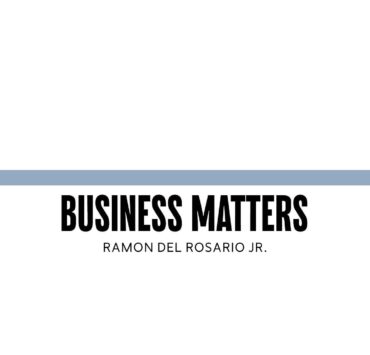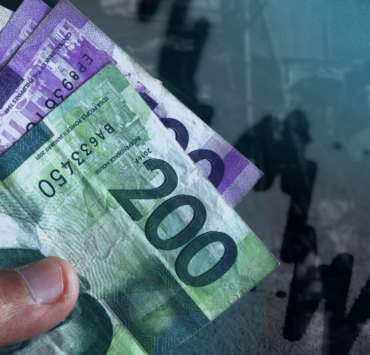Beyond fake PWD IDs: Inclusion, accessibility, and disability rights

Last Feb. 4, Restaurant Owners of the Philippines (“Resto PH”) released an official statement asserting that “fake PWD cards are crippling the restaurant industry.” The group called for fairness as they noted that the prevalence of fake persons with disabilities (PWD) IDs cut into the revenues of an industry with already slim margins to work with, which particularly impacts small and medium businesses working to make ends meet.
Resto PH’s statement sparked robust debate online, with netizens’ reactions ranging from calls for a unified system of PWD ID verification to arguments that the statement contributes to the stigma surrounding invisible disabilities, to comparisons between corruption and the usage of fake IDs. At the core of this debate is the infamous 20 percent discount across selected industries under Republic Act No. 7277 as part of the privileges and benefits accorded to disabled people. The rationale of the discount: to alleviate the cost of living with a disability.
This rationale is actually quite revealing, insofar as it points to the fundamental issue underpinning fake PWD IDs and the outcry against their use: the unbearably high cost of living in the Philippines. People are living in extremely insecure and precarious times—hence the desperation to cut costs on the side of the fake PWD ID users, and the concern over lost revenue (a staggering P88 billion in 2023) on the side of business owners.
The 20 percent discount has us all fighting amongst each other, caught in constant debates that seek to determine who truly “deserves” the discounts. We miss the bigger picture—that the government has failed to truly address the needs of disabled people in offloading the weight of PWD discounts to businesses.
Our demand as disabled people and advocates for PWDs should be two-pronged: first, following the Magna Carta for Disabled Persons, privileges for PWDs should be fully subsidized by the state—not businesses. While PWD and senior citizen discounts can technically be written off as a tax deduction, many have noted that this tax deduction does not fully shoulder the costs of these discounts.
I am of the firm opinion that the 20 percent discount is paltry and insufficient in the face of the cost of living with a disability. We should be demanding more and better, such as full subsidies for medical needs and equipment, more inclusive education systems, and better employment opportunities for PWDs.
Second, we ought to shift our gaze to the bigger picture and address the rationale behind the 20 percent discount. In a better Philippines, there would be no need to alleviate the cost of living with a disability, because the basic needs and rights of everyone, regardless of ability, would be met. This means universal health-care systems that work, accessible mass transportation systems, national industries that can produce goods at lower costs, full employment with livable wages, education systems that meet the needs of both students and teachers, and a government that is transparent, accountable, and inclusive.
As a person with an acquired disability, I also think we have to be frank with ourselves: disability is not an exception to “normal” healthiness and able-bodiedness, but a complex and varied state of being that increasingly affects more and more “normal” people.
The fight for inclusion, accessibility, and disability rights is not solely the fight of disabled people. These goals require a determined unity across sectors—not debates that pit ordinary citizens against each other.
ANGELI LACSON,
angelilacson99@gmail.com

















